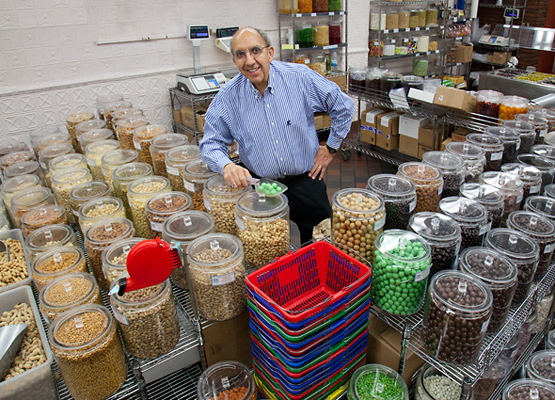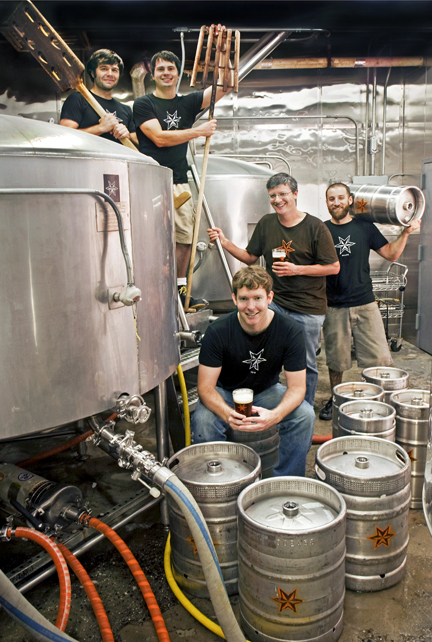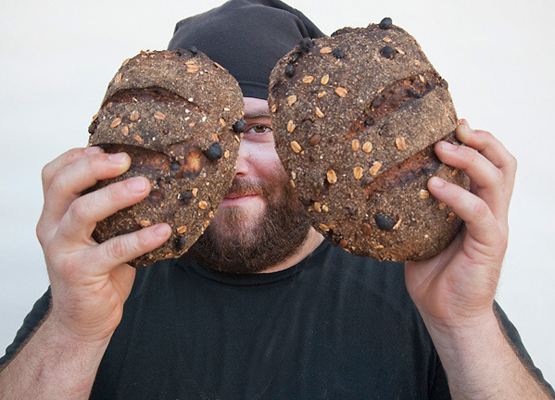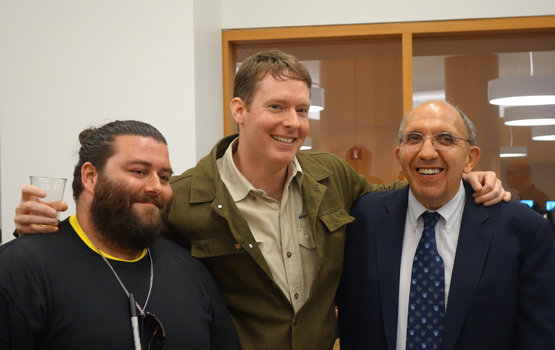“Ready, Aim, Fire” or “Done is Better Than Perfect”?

Here’s the conventional wisdom, but does it still apply? (Business and career coach Bill Jones first appeared on motivational posters in the 1920s and 30s.)
WHY DONE IS BETTER THAN PERFECT, says the Etsy Blog title for the June 20, 2013 entry by Alexandra Ferguson. And then the art shows a cute cushion with the message, Ready, Fire, Aim. As the originator of “‘Done’ is better than ‘perfect'” (explained in an addendum to an earlier post to this blog), I like to think that in today’s conditions these mottos make more sense than they did in Bill Jones’s day.
Ms. Ferguson observes that many businesses get stuck in “paralysis by analysis” rather than going forward. Her own story is a case example that encourages leaping from the daydream stage into production and selling – in her case, selling her handmade cushions on etsy.com. Her first offering of message pillows she’d already made cost $1.60 in listing fees, a very low capital requirement to enter a business! No lease. No significant inventory. No staff. No equipment beyond what she’d needed for gift-cushion making as a hobby. Her launch served as a market test — and a commitment test. Was this really a business she could stay in? DUMBO-based etsy.com made it not only cheap and easy to get her product to market, but the market itself is global.
Smorgasburg and the Brooklyn Flea help other artisan-entrepreneurs test themselves in the food business by providing venues and some basic disciplines. The Brooklyn Botanic’s celebration of hot chiles is another. Ample Hills Creamery founder Brian Smith took his unusual ice cream flavors to market via ice cream trucks and kiosks before committing to that first lease in Prospect Heights. Brooklyn’s growing network of co-working spaces and commercial kitchens keep equipment and production space costs thinkably low. Share-and-learn facilities like 3rd Ward in Williamsburg can graduate their biggest successes to Industry City in Sunset Park.
Brooklyn Artisan Executive Editor Basia Hellwig reports in “Start Ups Aren’t for Sissies” on some entrepreneurial thrills and chills. Her stories provide mental preparation. BA Executive Editor Joy Makon’s look inside Alchemy Creamery gives another window into what’s involved. BA Executive Editor Phil Scott and Contributor Bruce A. Campbell have reported on Brooklyn’s Makerbot, pioneer of 3D printers. There’s venture capital out there to back some winners.
Tomorrow, Brooklyn’s first food and drink trade show, Brooklyn Eats, presents a new opportunity. It is sponsored by the Brooklyn Chamber of Commerce and a host of corporations like commercial Citibank, Fairway, Whole Foods, National Grid, Verizon, and Acumen Capital Partners LLC and Jamestown Properties, as well as the Daily News and Edible Brooklyn as media partners.
The bright line between artisan and entrepreneur shines when the Alexandra Fergusons and the Brian Smiths of the world realize they’re not just creating cute cushions or unique premium ice cream flavors, they’re creating businesses. Should they move beyond bootstrapping? How much bigger can small-batch get before small-batch loses its edge? Sounds like it’s time for a serious, stage-two business plan. That’s when a trade show like Brooklyn Eats or a presentation to a venture capital fund really starts to make sense. It’s only been a very few years since Makerbot stepped up, after all, and it’s now valued at $403 million. Who’s next?
Brooklyn Artisan Editor & Publisher Anne Mollegen Smith was editor-in-chief of Working Woman magazine when its circulation grew to 950,000.

























You must be logged in to post a comment.